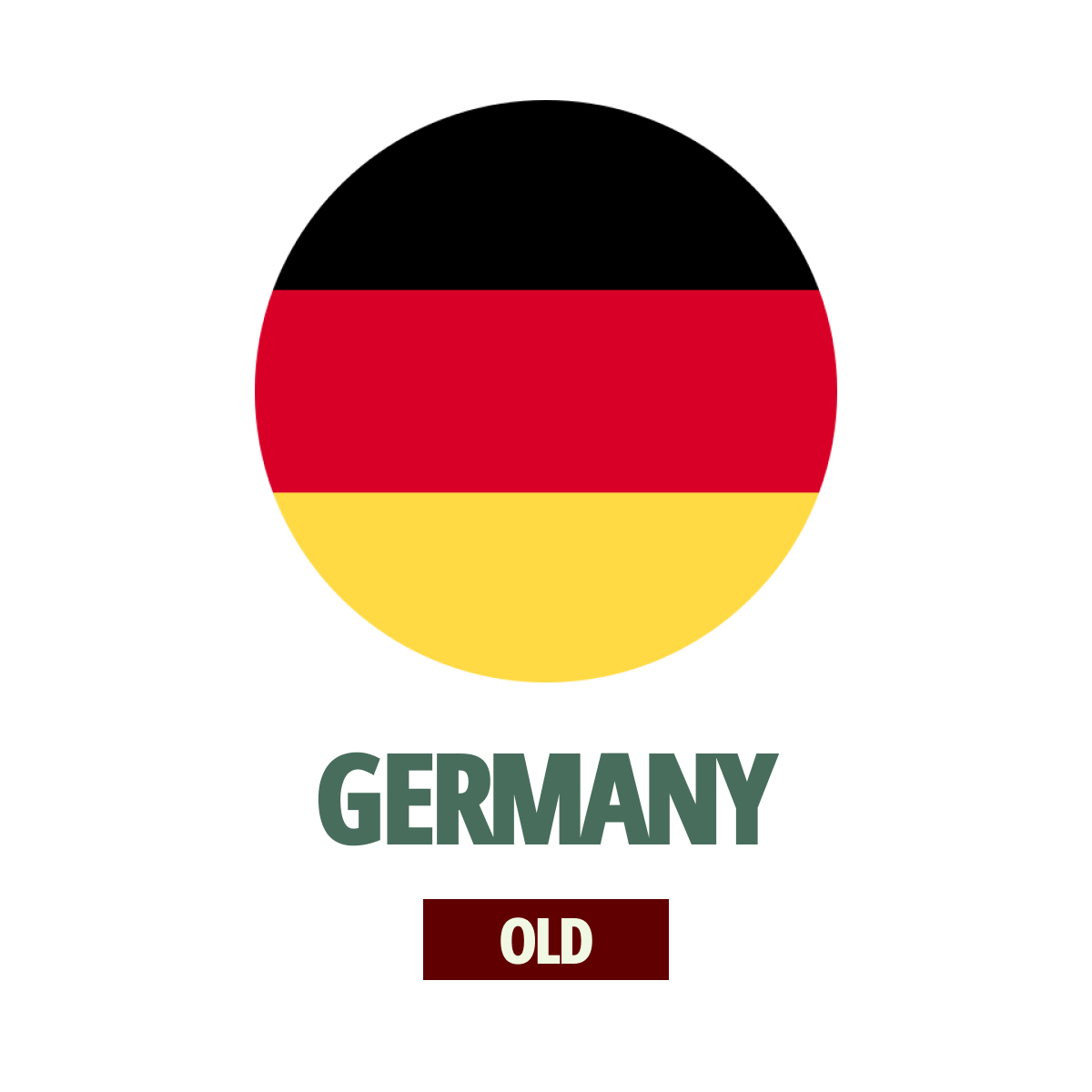
Germany, renowned for its precision winemaking, beautiful landscapes, and cool-climate wines, is a key player in the world of wine. The country is best known for its high-quality white wines, particularly those made from the noble Riesling grape. Germany has a long history of winemaking that dates back to Roman times. The country's wine culture is deeply rooted in tradition, with a focus on expressing the unique characteristics of its grape varieties and terroir. German wines are admired for their purity, balance, and ability to reflect the cool-climate conditions in many of its wine regions.
Winemaking History & Terroir
The winemaking tradition in Germany is marked by a commitment to quality and a strong influence from monastic orders. The country's diverse terroir includes steep vineyard slopes along the rivers Rhine and Mosel, as well as other key regions such as Pfalz, Rheingau, and Nahe. The cool climate, combined with varying soil types, contributes to the elegant and aromatic nature of German wines.
Common Grape Varietals & Wine Styles
While Germany produces red wines, particularly in regions like Baden and Pfalz, the country is internationally acclaimed for its white wines, especially those made from Riesling. Key grape varieties and wine styles include
Riesling
The noble Riesling grape is Germany's flagship variety, producing wines ranging from bone-dry to lusciously sweet. German Rieslings are celebrated for their vibrant acidity, floral aromatics, and ability to express terroir
Gewürztraminer
Known for its aromatic intensity and spiciness, Gewürztraminer is often found in the Pfalz region, producing wines with lychee, rose, and exotic spice notes.
Müller-Thurgau
A crossbreed of Riesling and Madeleine Royale, Müller-Thurgau is planted widely and produces easy-drinking, aromatic white wines
Pinot Noir (Spätburgunder)
Germany is also recognized for its Pinot Noir, particularly in regions like Ahr, Baden and Pfalz. These wines often display elegance, red fruit flavors, and a Burgundian influence.
Major Winemaking Regions
Germany is divided into 13 wine regions (Anbaugebiete), each with its own unique characteristics. Some major wine regions include
Mosel
Known for its steep, slate-covered vineyards along the Mosel River, Mosel produces some of the finest Rieslings with exceptional minerality and elegance.
Rheingau
Famous for its Rieslings, Rheingau is characterized by south-facing vineyards along the Rhine River, producing full-bodied and well-structured wines.
Pfalz
Germany's second-largest wine region, Pfalz, is known for its diverse terroir, producing both white and red wines, including Riesling and Pinot Noir.
In Conclusion
In conclusion, Germany holds a special place in the world of wine, particularly for its mastery of Riesling and the distinctive qualities of its cool-climate vineyards. From the breathtaking slopes of the Mosel to the historic vineyards of the Rheingau, German wines continue to captivate enthusiasts with their finesse, balance, and ability to express the nuances of the land. Whether seeking a crisp and refreshing Kabinett or a complex, age-worthy Auslese, exploring German wines is a journey into a world of precision winemaking and unique terroir




















































